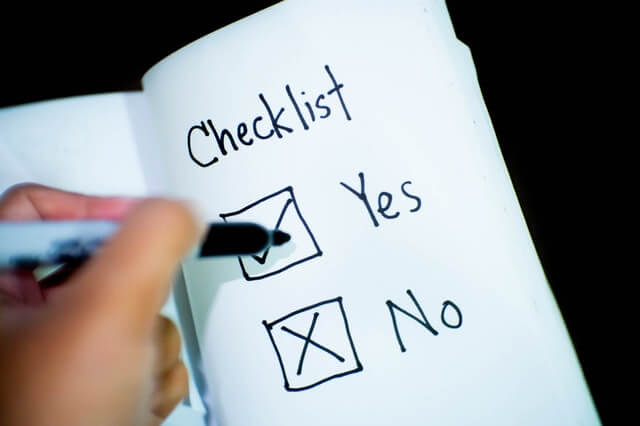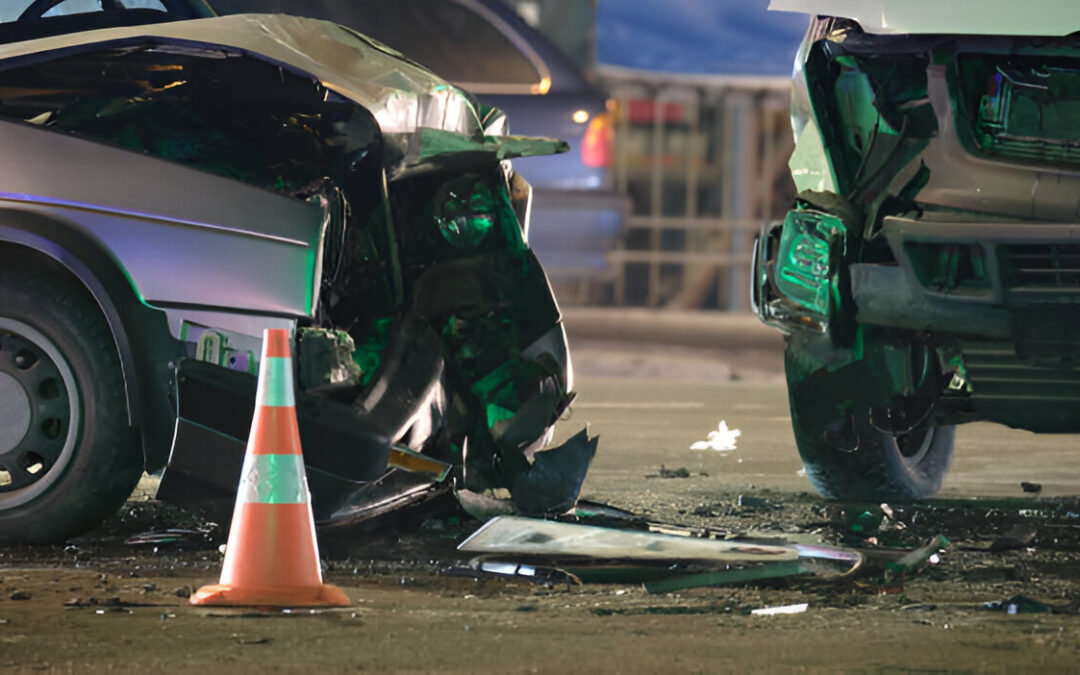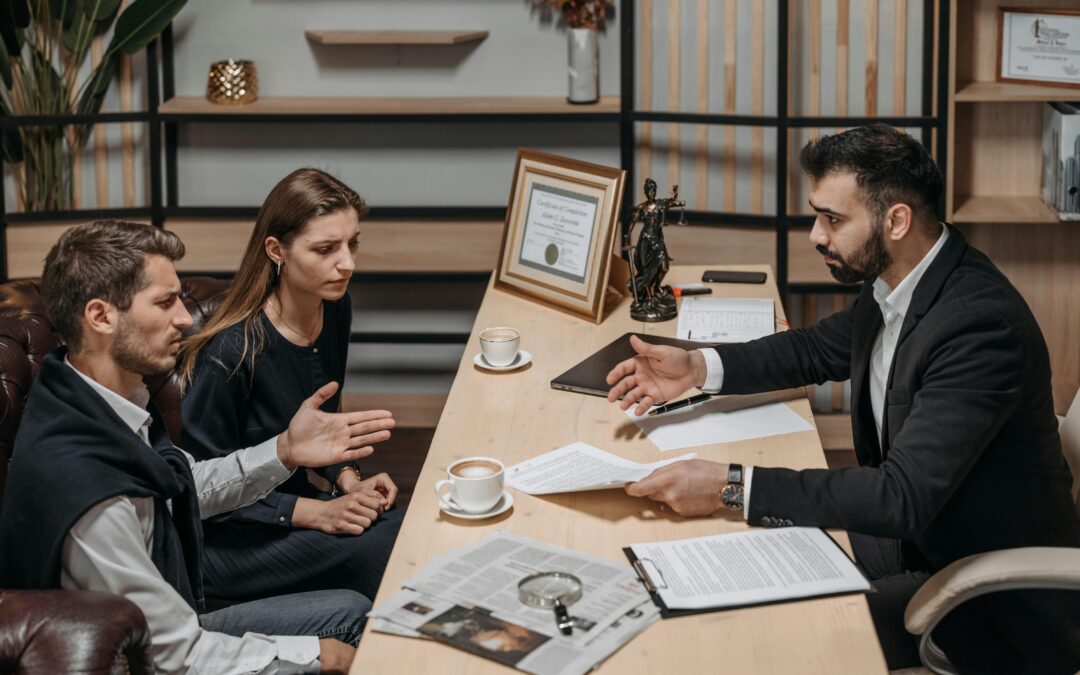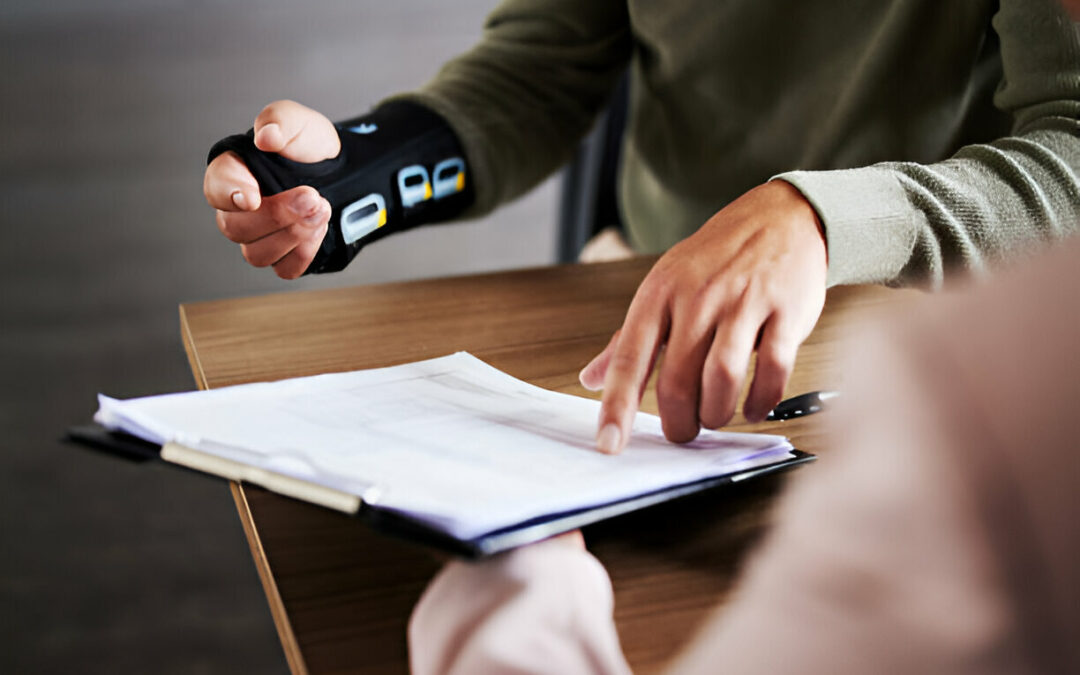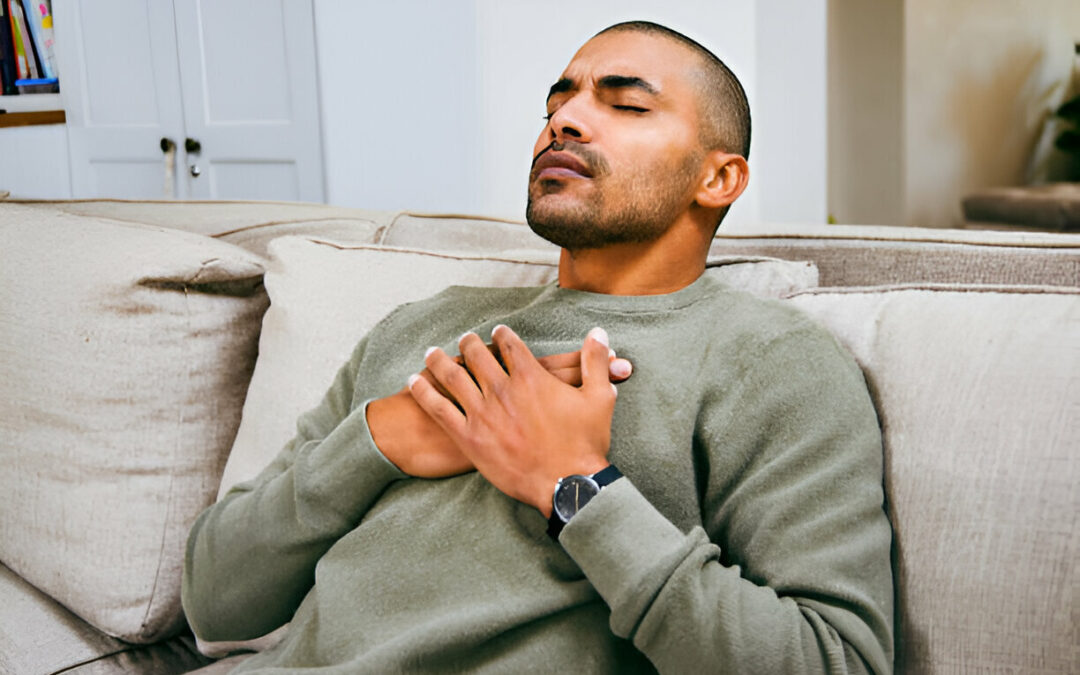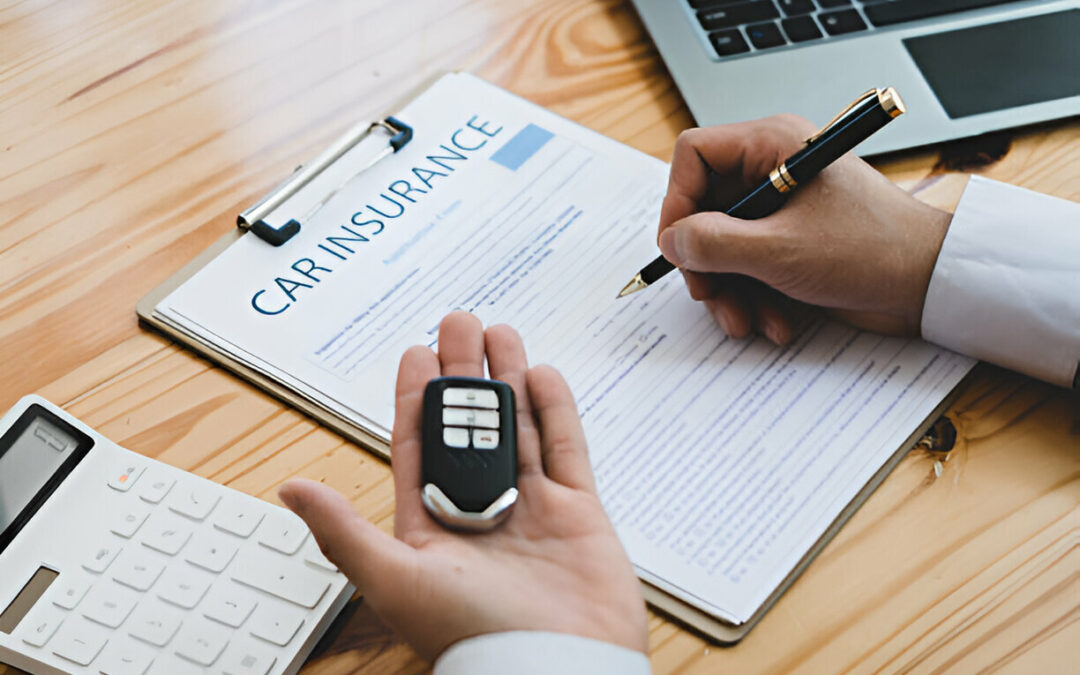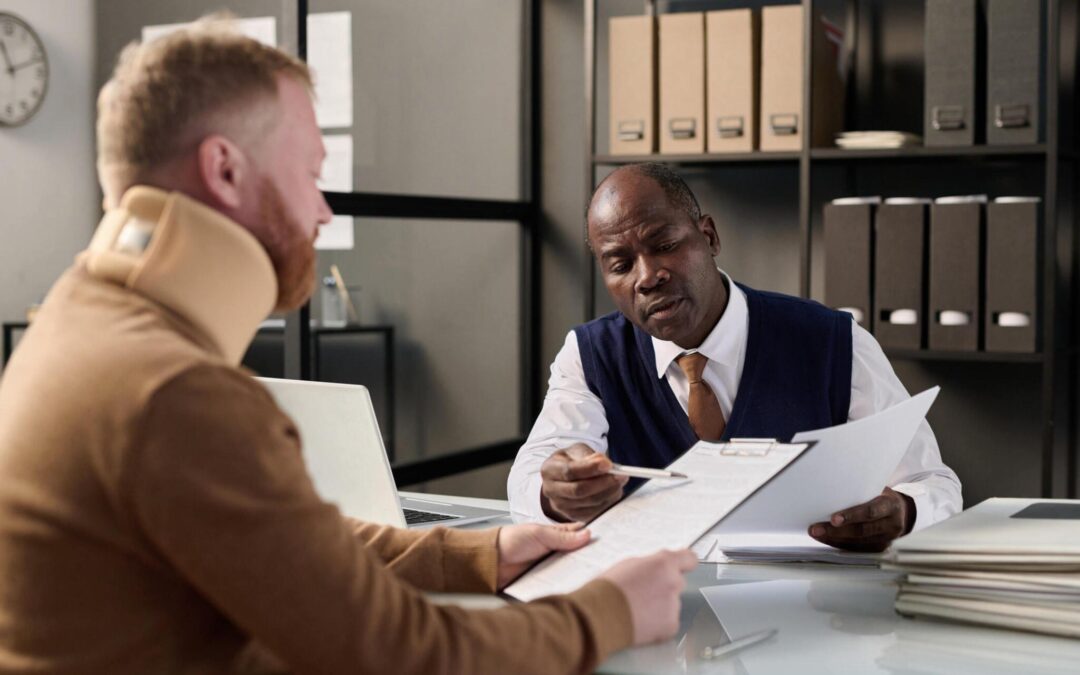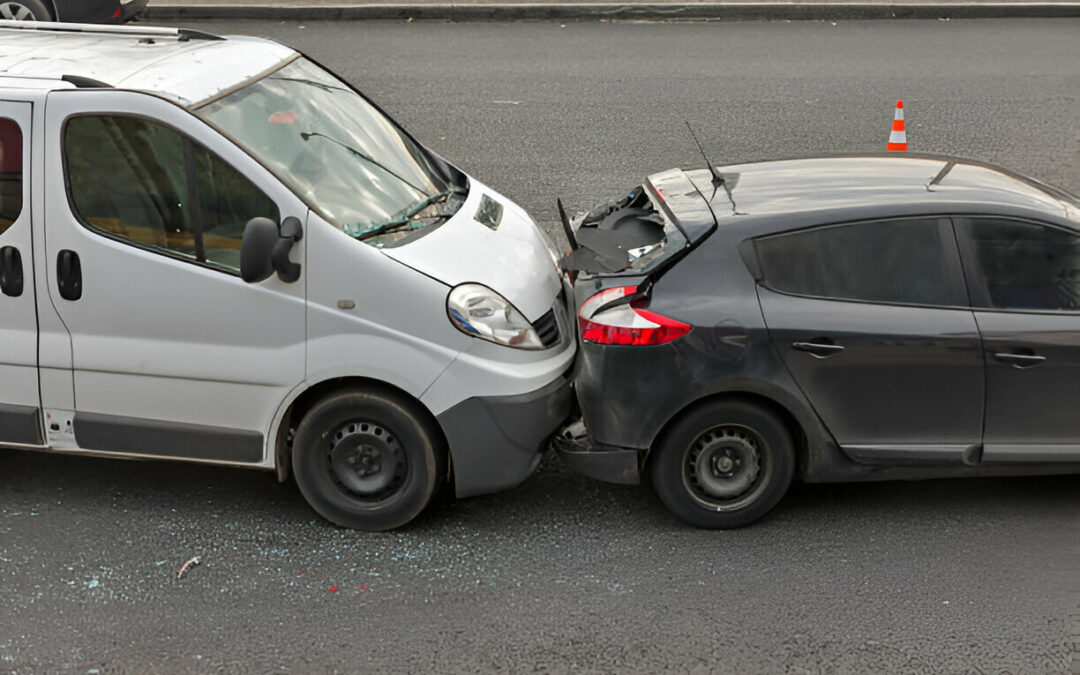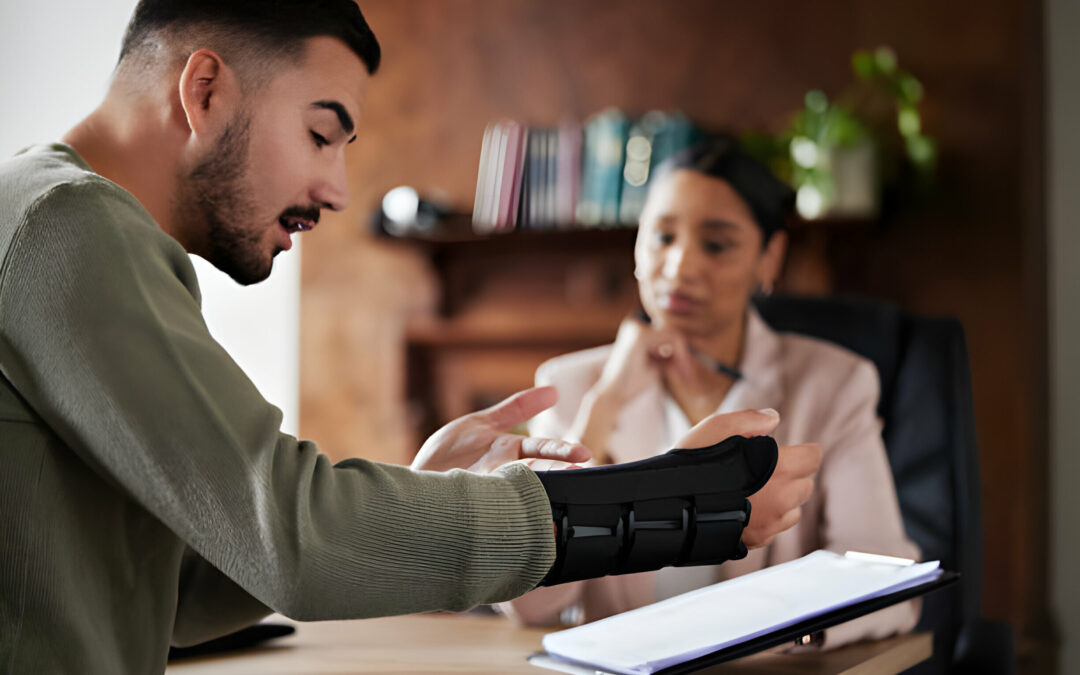Documentation is an extremely important aspect of any personal injury case. What and how to document your accident are questions that you need to know. This article explores some of the things you need to know.
When you are hurt in an accident—whether a car crash, a slip and fall accident, or another type of accident—you should be concerned about answering two critical questions: 1) What happened before and during the accident, and 2) how did that contribute to your injuries?
One way to answer these questions so that you can support your case is to document the incident in a way that clearly lays out what happened and what resulted. Personal injury claims can take months or even years to come to a close, so recording what happened now could help you later.
How to Document Your Personal Injury Case
If your injuries do not prevent you from doing so, you should document the scene and your injuries immediately after an incident. If you have your phone handy, take pictures or video of things that could support your case. For example, if you slipped on spilled milk in the grocery store, take photographs of the spill and the surrounding area so that you can reconstruct the scene later.
Another way to document your accident—one that many people overlook—is to take notes of what happened while it is still fresh. You can write your notes using a pen and paper or record yourself talking about what happened using a phone app or voice recorder. Whatever you choose, it can help your personal injury case to know which details to preserve.
What to Document
As soon as you can, think about and take notes about the following. Be as thorough as you can:
- Where did the accident happen?
- What happened leading up to the accident?
- What happened during the accident?
- What happened after the accident?
- What time was it?
- Were there any witnesses, and if so, do you know how to contact them?
- If the incident occurred outside, what was the weather like?
- Did anything that occurred contribute to your accident or your injuries?
- Did you speak to anyone about the accident, and if so, what was said?
- What did you feel during and after the accident? Focus on your emotional and physical reactions.
- Can you describe your injuries, including how you have suffered physically as well as mentally?
- Have your injuries affected your professional, personal, or social lives, or can you foresee them doing so?
Continuing Documentation throughout the Process
Even after you have recorded your initial recollections of your accident, you can help your case further by continuing to document your injuries and anything else that may be relevant. Take notes after any meetings you have that pertain to your case—visits to the doctor, conversations with insurance, and anyone else who has a connection to your accident could shed new light on what happened. You may also want to keep a journal of how your injuries are healing. Note how your life continues to be impacted by your accident.
Get Your Questions about Your Personal Injury Case Answered
Documenting your personal injury case is an important part of building your case, but you don’t have to do it on your own. In fact, personal injury cases are often long and complicated. They require legal expertise that you may not have.
Want to talk to someone who has that expertise? Get in touch with one of the attorneys at Pacin Levine, P.A., today to set up a consultation. We are here to help.
Are you ready to pursue your case? Contact us today and set up an appointment to speak to an attorney. Call us at 1-800-24-7-CRASH or write to us at [email protected].


